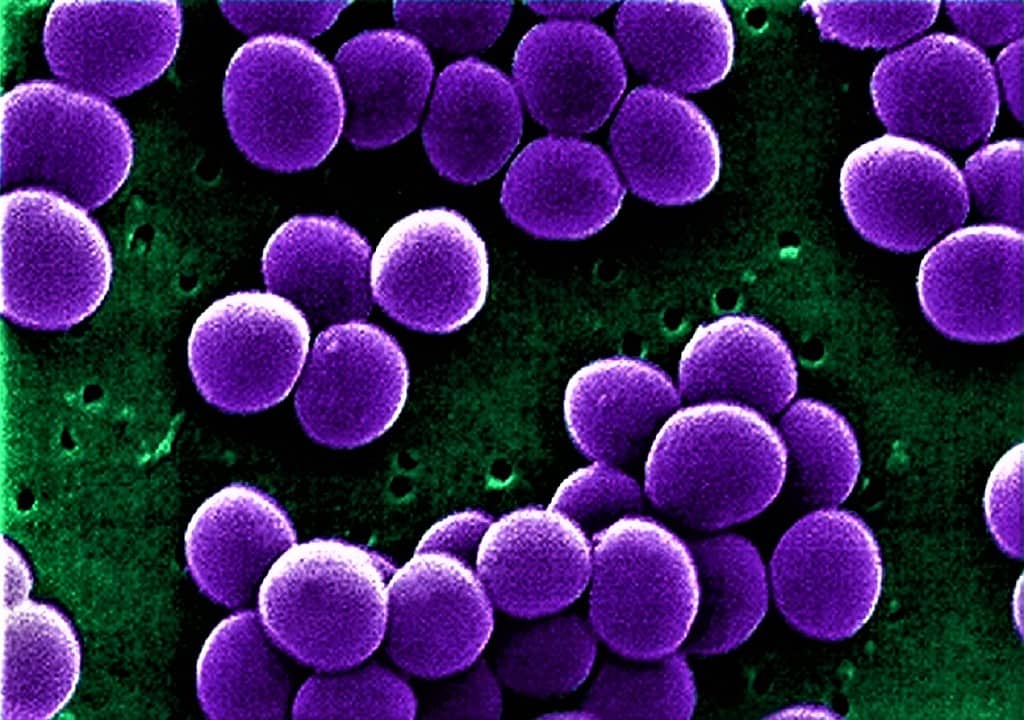✴︎ The
Hypothesis
The Online Edition of the Berkeley Scientific Journal
Research & Blogs Department
-

The powerhouse of Alzheimer’s
by Anjali Sadarangani Heart health. Exercise. Inflammation. All of these research areas have been associated with Alzheimer’s disease and claim to lead to the cure for this devastating disease, yet there is still no feasible treatment option for patients. In fact, Alzheimer’s numbers have been continuously increasing. According to the Alzheimer’s Association, currently 5.8…
-

U.S. Measles Outbreak: Why is this still happening?
by Andrea He Measles has long been a disease that plagued developing countries in Africa and South America. In fact, it was declared eliminated in the United States in 2000, due to the consistent vaccination of American children – which makes the recent news of the outbreaks in the U.S. even more mysterious and…
-

An unexpected form of pollution: light
by Andreana Chou From the warm orange glow of night lights when we were small children to the blue screens of our phones today, artificial light is embedded in every aspect of our lives. No longer are our work and leisure times constrained to the rising and setting of the sun. The creation of…
-

What could scientists do with a telescope the size of the Earth? Image a black hole
by Isabelle Chiu Black holes have been a mystery to both scientists and the general public alike. But now, with new imaging technology, we have finally confirmed their existence. The very first image of a black hole (pictured above) was captured by the international Event Horizon Telescope (EHT) collaboration, with eight different ground-based radio…
-

In Event (of) Horizon, Break Glass!
by Ethan Ward How do you see something that doesn’t want to be seen? This was the fundamental question facing scientists who worked on the Event Horizon Telescope (EHT) project to produce the first ever picture of a black hole. If you want to know more about taking a snapshot of something that has the…
-

Recovering a Lost Voice
By Arjun Chandran For most people communication is a necessity, imperative for connecting with others and sharing our thoughts, feelings, and emotions. However, those with neurological conditions often find it extremely difficult or cumbersome to fulfill this basic human necessity. To help those struggling with communication difficulty, a team of researchers from UC Berkeley…
-

Superblooms: Photo and Pollinating Ops
by Xandria Ortiz Spring is here, and thousands are flocking to super blooms all around California. Thousands of people and bees, that is. Super blooms are defined as excess blooms of flowers. They are typically a rare occurrence, arising about once a decade; however, there have already been two in the past three years…
-

Flight or Flight or… Freeze?
by Devina Sen Are we victims of circumstance? How much can we endure? Must we endure? When we are faced with a problem and work to solve it, there comes a point where we must question whether it’s worth it to keep going. We make a choice, to keep putting in effort or to give…
-

Peroxisomal Compartmentalization in Yeast
by Arjun Chandran Synthetic biology is a new and exciting field that applies engineering principles to biology to create novel useful systems with unique functions. One of the prominent sub-divisions of synthetic biology today that has applications across the industry is the field of metabolic engineering which specializes in the creation of microbial (usually yeast…
-

UC Berkeley synthetic biologist brews cannabis using genetically modified beer yeast
For years, people have used yeast to brew beer – now the very same yeast can be used to make cannabinoids, compounds that affect the human central nervous system by binding to cannabinoid receptors. The two major cannabinoids are cannabidiol (CBD) and tetrahydrocannabinol (THC). THC is the main psychoactive compound in cannabis, and is associated…
-

Physical Features of Previously Seen Faces Influence Your Perception of Emotion
by Devina Sen Categorization is crucial to shaping our individual experience of the world around us. When our eyes fall on an object we have never seen before, we use prior knowledge of features and old encounters to best categorize and identify the object as something we are familiar with, like concluding that a fluffy…
-

Hidden Threats in the Water: Risks in Seafood Farming
By Andrea He Many of the salmon steaks you buy at the supermarket are not from freshly-caught wild fish but are instead grown in a controlled pool filled with many other salmon. Aquaculture, or farmed seafood, is an important industry that provides jobs and food for millions of people around the world. However, water sample…